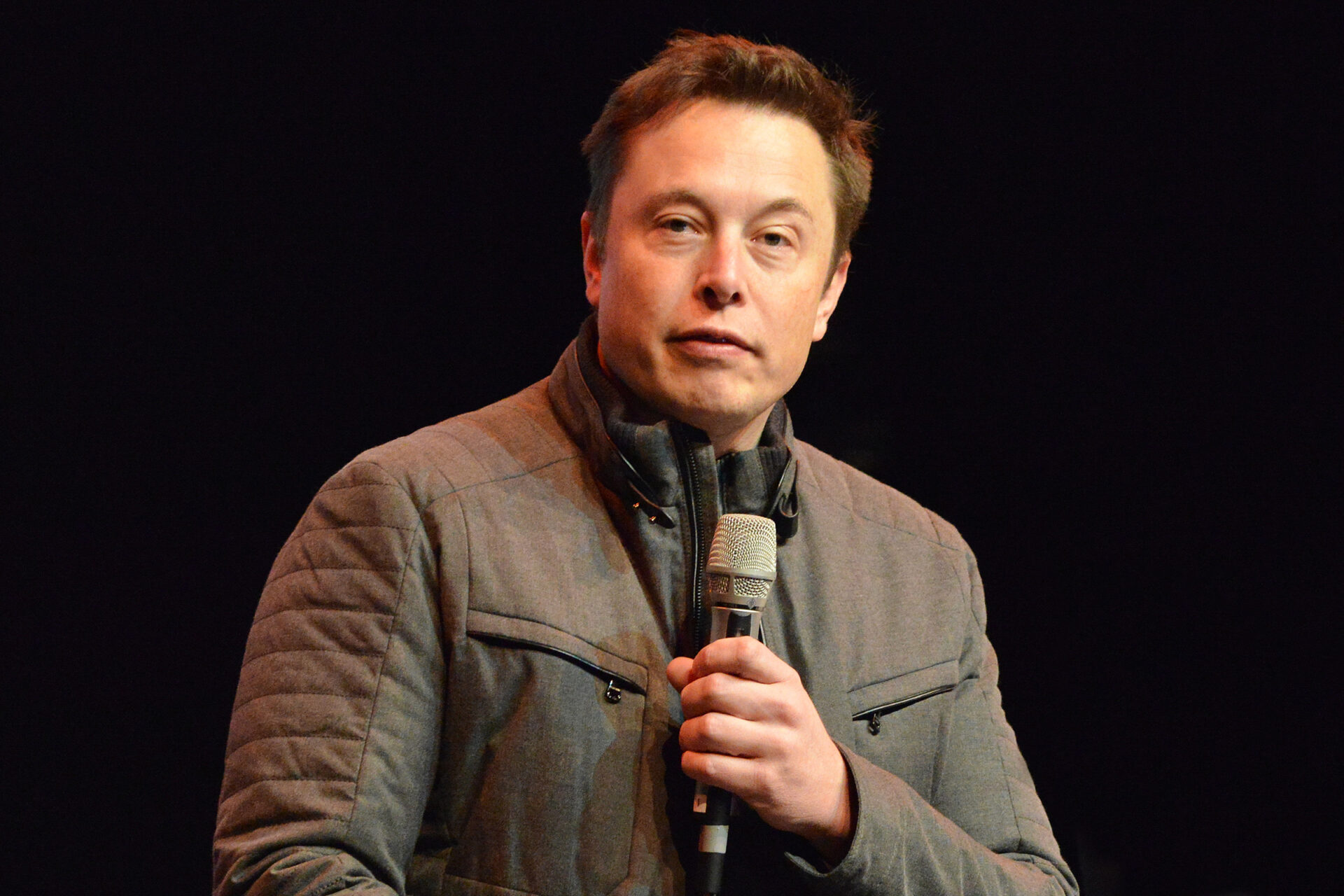The $1 Trillion Question: Is Elon Musk’s Pay Package The Ultimate Capitalist Troll?
In the annals of modern business, few figures inspire the polarized frenzy of Elon Musk. He is a titan of industry, a technological visionary, and, perhaps most pivotally, a master conductor of public opinion. He has commanded headlines for everything from landing reusable rockets to buying a social media platform and renaming it ‘X.’
But the most potent flashpoint of late is a number so astronomical it barely registers as real: $1 Trillion.
Following a contentious shareholder vote, Elon Musk secured the approval for an unprecedented compensation package—an amount so colossal it has been dubbed the world’s first-ever quadrillionaire-track executive reward. This financial victory is set against a backdrop of corporate stumbles, a high-profile political project quietly dissolving, and a flagship product struggling to meet its hyped-up expectations.
The question roiling the internet, and particularly the debate chambers of Reddit—from r/RealTesla to r/EnoughMuskSpam—is stark: Does this colossal financial win represent the final, triumphant coronation of a world-changing genius, or is it the ultimate, brazen act of capitalist trolling, a massive financial reward decoupled from actual, recent operational success?
The answer is likely complex, but the sheer controversy is the electric charge that has sparked a viral firestorm.
The Context: A Financial Mountain on a Shifting Foundation
The approved pay package isn’t just about a salary; it’s a massive tranche of stock options granted over a period that could ultimately vest to a value approaching one trillion dollars if certain hyper-ambitious performance targets are met. The key takeaway, however, is that its recent re-approval by shareholders, even after being struck down by a Delaware court over concerns about its sheer size and the cozy relationship between Musk and the board, frames this as a monumental institutional endorsement.
Yet, consider the corporate landscape upon which this peak of wealth is being built.
The Cybertruck Conundrum
When the Cybertruck was unveiled, it was a literal showstopper—bulletproof glass failing live on stage, an angular, almost alien design, and promises of a revolutionary new era for pick-up trucks. Fast-forward to 2025: the narrative has dramatically shifted.
Despite years of anticipation and a flood of early reservations, recent reports indicate that Cybertruck sales are falling significantly short of Tesla’s internal goals. The initial production and rollout have been plagued by multiple recalls over minor but embarrassing issues, from detaching panels to faulty acceleration pedals. More critically, the vehicle has struggled to achieve the mass-market appeal of the Model 3 or Y.
What was promised as a revolutionary utility vehicle has, for a vocal segment of the public, become a symbol of Musk’s over-promising and under-delivering. When drivers report being verbally abused and having their trucks vandalized because of the polarizing political associations Musk has courted, the Cybertruck’s struggle is no longer just a technical failure; it’s a social one.
A core argument on sites like Reddit is simple: How can a CEO deserve a trillion-dollar path to wealth when a key product is being dubbed “the world’s most hated car” and sales are plummeting?
The Quiet Collapse of DOGE
In early 2025, Elon Musk positioned himself at the center of national politics with the launch of the Department of Government Efficiency (DOGE)—a project dedicated to radically reducing government spending and bureaucracy. This was Musk, the self-proclaimed efficiency expert, applying his industrial-age work ethic to the sprawling machinery of government.
The project drew immediate and intense criticism for the scope of the access it granted Musk and his team, with accusations of wielding undue influence over sensitive data and policy. For months, it was a political lightning rod.
The result? The program was quietly disbanded.
Musk failed to achieve his stated goal of cutting $1 trillion from the deficit, and the office was absorbed back into the federal human resources agency. The entire, high-profile political foray—the one that consumed much of the CEO’s public attention—ended not with a bang, but a bureaucratic whimper.
This failure of execution is critical. Musk’s supporters often praise him not just for his vision but for his ability to get things done that others deem impossible. The DOGE failure undermines that image, presenting him as a political novice whose ambition overrode his ability to manage a new domain.
The Viral Debate: Is Musk Gaming the System or Rewarding Innovation?
The viral quality of this topic lies in its ability to split communities down the middle, perfectly embodying the “Two Elons” problem.
The Critics: The Con Artist Narrative
For Musk’s detractors, this pay package is the final piece of evidence needed to support the “con man” narrative. This perspective argues that the package is less about rewarding past success (which they argue is built on the work of engineers and generous government subsidies) and more about ensuring Musk’s continued, absolute control.
-
The Power Play: By holding a massive tranche of stock options, Musk ensures his voice is the dominant one, effectively immunizing him from traditional corporate governance checks and balances. The critics view the re-approved pay package as a legal, corporate mechanism to centralize power that should have been decentralized after the court ruling.
-
The Narrative Over Reality: The argument on r/musked is that Musk sells hype better than anyone. He manages investor confidence with ambitious promises (like “Full Self-Driving” being “six months away” for years), and the board rewards the hype, not the final, delivered product. The pay package is viewed as a reward for a successful PR strategy rather than successful execution.
-
The Irony of Failure: The supreme irony for critics is that a man obsessed with “efficiency” saw his own government efficiency project dissolve, all while he secured a compensation package that critics argue is the ultimate example of corporate waste and inefficiency.
The Advocates: The Visionary Justification
Musk’s ardent defenders view the controversy not as an indictment of Musk, but as proof of his revolutionary stature and the short-sighted nature of his critics.
-
Reward for the Big Wins: Advocates point to the undeniable, world-changing successes of SpaceX (reusable rockets) and the initial, transformative effect of Tesla on the auto industry. They argue the pay package is a reward for the trillion-dollar scale of the companies he built from near-nothing, not just for the quarterly earnings of one model.
-
Motivating Future Innovation: The pay package is viewed as a necessary incentive to keep Musk laser-focused on the next generation of revolutionary projects—Optimus the robot, further Mars colonization efforts, and the continued development of complex AI like Grok. To his fans, no one else is capable of managing these monumental tasks, and such a grand vision requires an equally grand reward.
-
A Statement on Capitalism: Some shareholders and enthusiasts see the pay package as a symbolic victory for disruptive, founder-led innovation. By approving the package, they are sending a message that traditional corporate rules should not apply to a figure capable of accelerating humanity’s future. The trillion-dollar tag is simply the price of having the greatest living entrepreneur at the helm.
The Viral Hook for Reddit
For a Reddit topic to go viral, it needs to hit the sweet spot between outrage, deep-dive analysis, and a clear, simple thesis.
The core viral thesis is: Musk’s $1 Trillion Pay Package is the ultimate ‘Loot Box’—a staggering reward for future potential that was approved at the exact moment his present political and product failures were undeniable.
This framing allows Redditors to argue about the fairness of capitalism, the integrity of the board, and the merits of a leader who can simultaneously fail on a government project and an iconic truck, yet still secure the world’s richest compensation deal. The comment sections will explode with debates over whether this is the zenith of meritocracy or the nadir of corporate governance.
The fact that the pay package was re-approved after a court kll-shot ensures that the legal and ethical angles are already primed for debate. The Cybertruck’s struggles and the quiet ending of DOGE provide the perfect, recent counter-evidence to fuel the arguments of the critics.
In the end, the $1 trillion question isn’t just about money; it’s about the narrative of Elon Musk—a story that, by its very nature, is designed to generate endless, viral clicks and comments.

